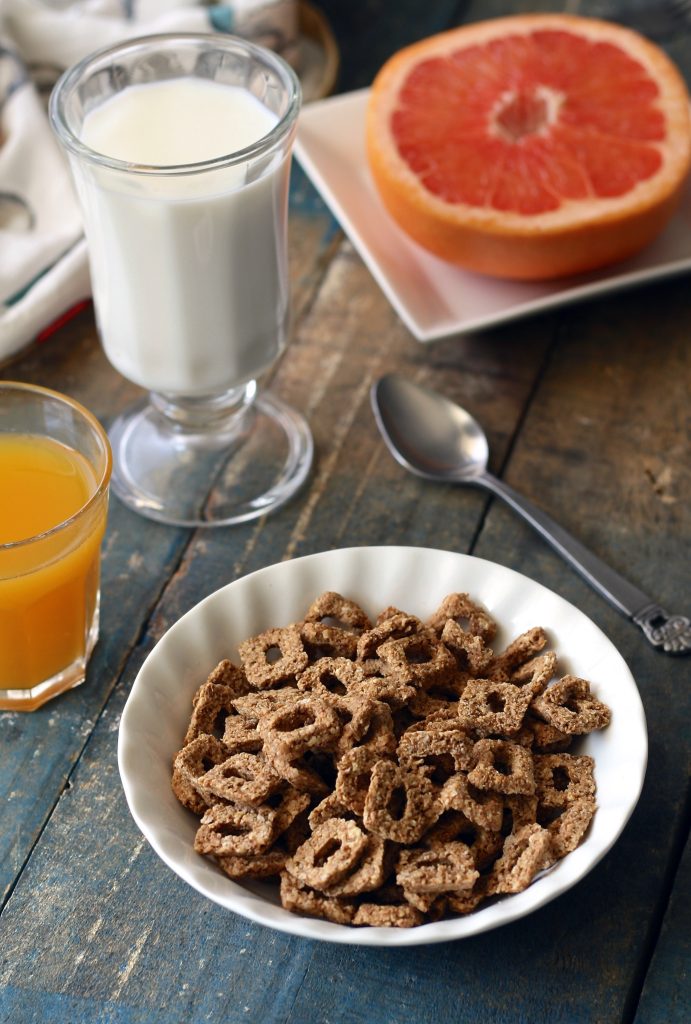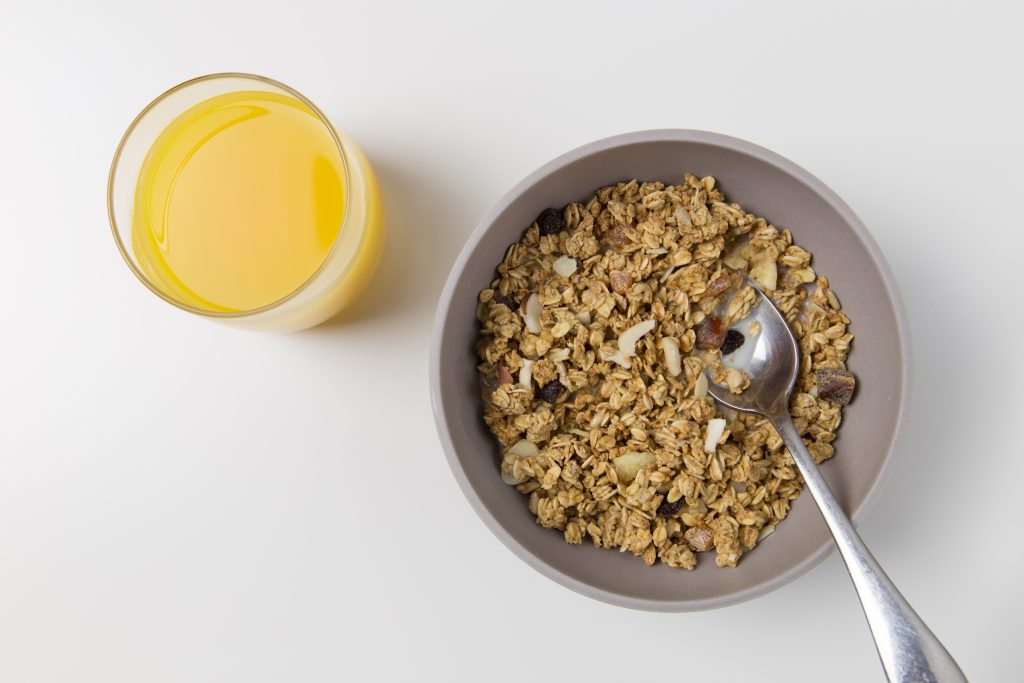Fiber is an essential component of a healthy diet that comes from plant-based foods such as fruits, vegetables, whole grains, legumes, nuts, and seeds. It is a type of carbohydrate that the body cannot fully digest or absorb. Instead, it passes through the digestive system relatively intact, providing numerous health benefits.
What is fiber?
There are two types of fiber: soluble fiber and insoluble fiber. Soluble fiber dissolves in water and forms a gel-like substance in the digestive tract, while insoluble fiber adds bulk to the stool and promotes regular bowel movements. Both types are important for maintaining good health.
How much fiber should I eat daily?
So, how much fiber should you eat every day? The recommended daily intake of fiber varies depending on age, sex, and individual health conditions. However, the general guideline for adults is to consume between 25 to 38 grams of fiber per day. It is worth noting that most people fall short of meeting these recommendations.

Which foods are fiber – rich?
Increasing your fiber intake gradually is key to avoid digestive discomfort, such as bloating and gas. Incorporate fiber-rich foods into your meals and snacks throughout the day. Aim for a diverse range of fiber sources to benefit from different types of fiber and their unique health properties.
Here are some examples of fiber-rich foods and their approximate fiber content per serving:
- Fruits: Raspberries (8 grams per cup), apples (4 grams per medium-sized apple), and bananas (3 grams per medium-sized banana).
- Vegetables: Broccoli (5 grams per cup), carrots (3.5 grams per medium-sized carrot), and Brussels sprouts (4 grams per cup).
- Whole grains: Oats (4 grams per 1/2 cup), quinoa (5 grams per cup), and brown rice (3.5 grams per cup).
- Legumes: Lentils (15 grams per cup, cooked), black beans (15 grams per cup, cooked), and chickpeas (12 grams per cup, cooked).
- Nuts and seeds: Chia seeds (5 grams per tablespoon), almonds (3.5 grams per ounce), and flaxseeds (2 grams per tablespoon).

Why drinking water is key
Remember to drink plenty of water when increasing your fiber intake, as it helps the fiber to move smoothly through the digestive system.
Incorporating an adequate amount of fiber into your daily diet can promote digestive health, regulate blood sugar levels, lower cholesterol, support weight management, and reduce the risk of chronic diseases such as heart disease, diabetes, and certain types of cancer. So, make fiber a priority in your diet to reap these health benefits and enhance overall well-being.




